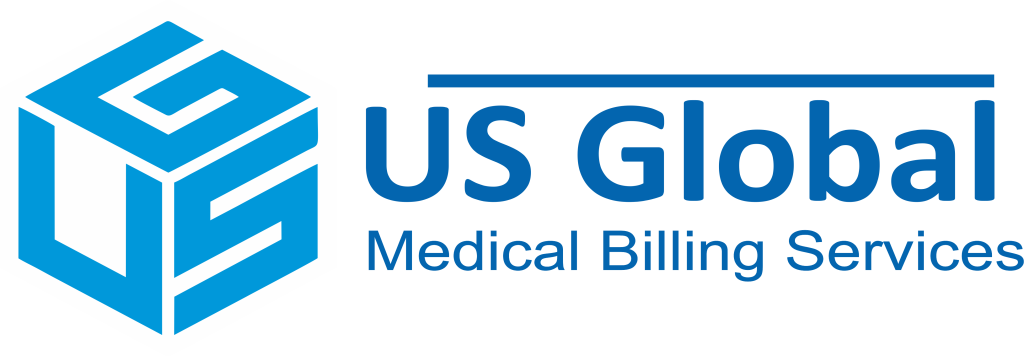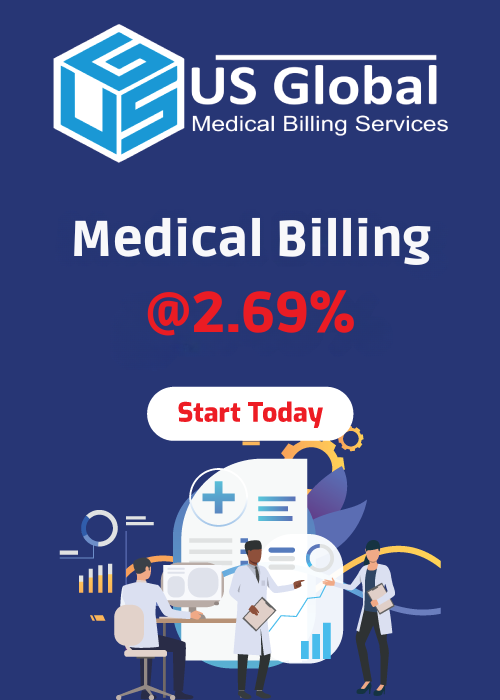IN-HOUSE MEDICAL BILLING :
Medical Billing is one of the most complicated aspect to run a medical practice with thousands of codes and multiple payers/insurances .These is not a one solutions for all aspects of problems when it comes to the medical billing as Staff of a clinic or health department are responsible for all aspects of revenue cycle management. They submit claims to a clearinghouse, directly to Medicaid, or to the insurance company for reimbursement. They also set charges, collect patient fees (copays and deductibles), and manage the accounts receivable.
TOP 6 benefits of In-House Billing Services.
- Retaining Control billing functions.
If existing employees have the capacity to execute medical coding and billing, your administrators and providers will appreciate having hands-on control of financial operations through in-house billing, and receive all the profits.
- Accessibility.
Should issues arise, the accessibility of your in-house billing department will be a major advantage, since all it takes to observe the billing process and address any problems is a walk to the billing office.
- Maintain patient confidentiality.
Maintaining patient confidentiality is one of the most important issues for STD clinics.
- Return on Investment:
Once a practice has invested in training medical billers and purchasing a billing technology, moving to an outsourced solution means losing lots of time and money spent. When there is a valid infrastructure in place, it’s worthwhile to just refine existing procedures to generate the best return on investment.
- Close proximity:
Having your billing department under the single roof as your practice allows you to connect with billing staff and can communicate about any issues with them at a moment’s notice. In fact, by walking across to RCM team can be operational and resolving all billing -related problems without delaying.
- Complexity:
Upfront expenses include labor, costs for technology, hardware, billing software and training, and ongoing expenses for maintaining the billing system. Also, updates or changes to billing software can be complicated and costly.
Top 5 disadvantages of In-House Medical Billing.
- High cost:
Determining your expected revenues, managing partial payment and denials, and collecting co-pays and deductibles after the time of the visit are time-consuming processes that take time to master.
- Liabilities:
If training of your staff and billing capacity (including coding, billing execution, and billing technology) are not kept up-to-date, there may be higher rates of denials, un-appealed claims, and lower reimbursement rates.
- increased dependency on limited staff:
If your billing department consists of only one or two staff members, the operations—and cash flow—may be disrupted when even just one employee gets sick, goes on vacation, takes a leave of absence, or resigns altogether.
- More scope for errors:
With comparison to any organization that specializes in outsource RCM, the chances of errors in billing procedures is much higher when managed by individual staffers. It can increase the risk of general employee neglect which may go unnoticed in absence of an employee performance tracking system.
- Time consuming:
While increased direct control on billing operations may get in the knowhow of RCM, it will cost your precious time for actual patient care. It will harm your reputation and make you lose business in the long run. So, it’s wise to outsource processes that do not demand your expertise, time and energy. It will enable you to focus on your patient care and consequently it will flourish your business.

